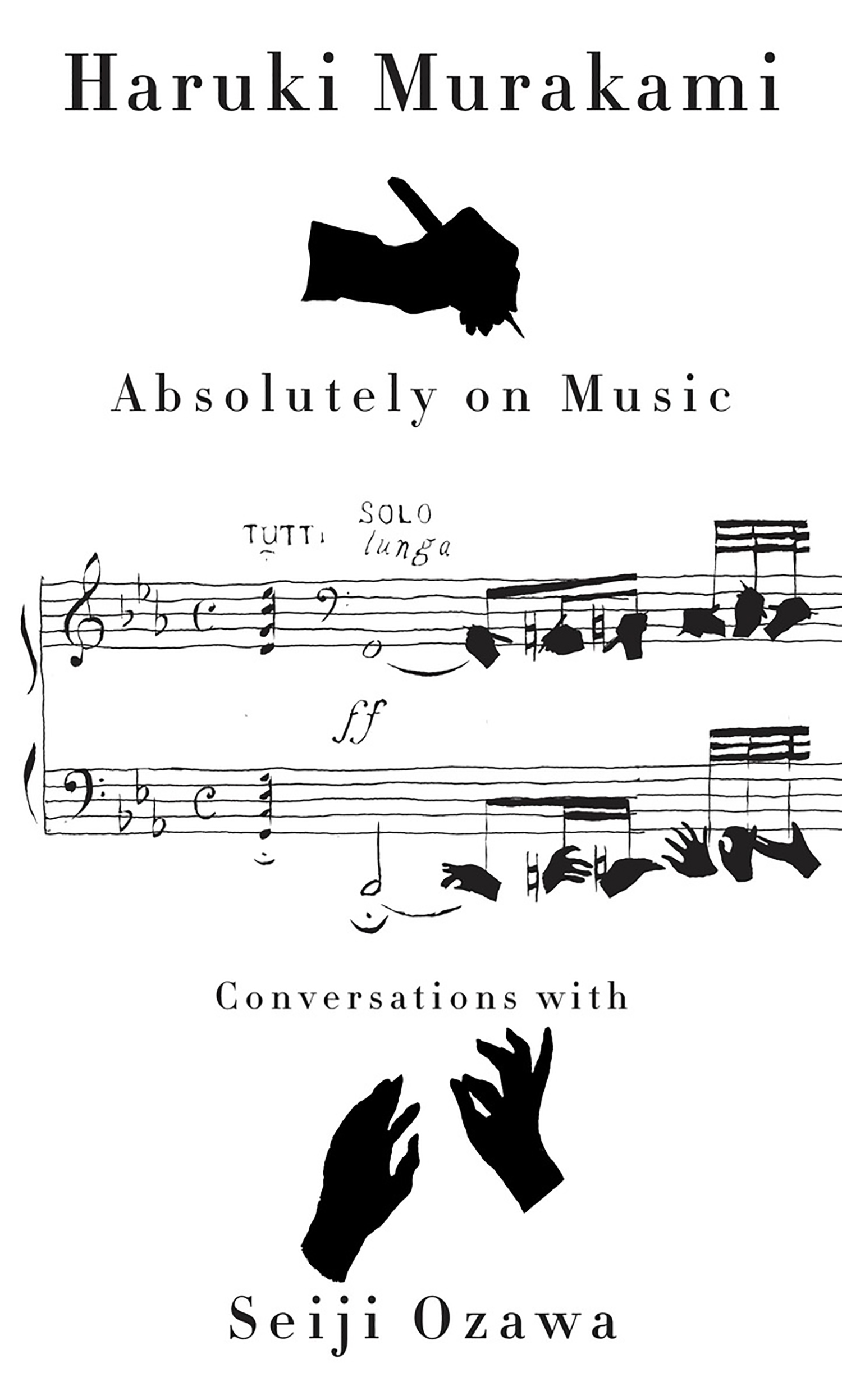What happens when two artists who are giants in their respective fields decide to come together and talk? And don’t you wish you could be a fly on the wall when that happens? Fortunately, both questions were answered when Seiji Ozawa and Haruki Murakami decided to record their conversations and publish them.
Seiji Ozawa is a well known conductor. A disciple of the great maestro Herbert von Karajan, he has worked with every well known orchestra, including Boston Symphony Orchestra and the Toronto Symphony. He is also the co-founder of the Saito Kinen Orchestra. And Haruki Murakami is the most celebrated Japanese author in recent times.
The conversations are mostly about Ozawa’s career, his experiences with various artists and orchestras and of course – music. Murakami and Ozawa listen to a particular music piece, say Brahms First Symphony or Beethoven’s Third Piano Concerto and then discuss its various aspects. They also touch upon jazz and the Chicago Blues since these are their favourites.
Murakami comments on how a maestro like Ozawa connects to music as opposed to how normal listeners do. Ozawa does it by reading the scores. In Murakami’s opinion, this must cause the music to become purer. In contrast, Murakami relates to music by memories, like most of us. When he listens to a score, he sees in his mind the album cover or some other memory associated with the music. He says about Ozawa’s way of connecting to music, “It may be a bit like the enjoyment and freedom of being able to read foreign literature in the original, rather than in translation”.
In between these conversations is Murakami’s hypnotic commentary. For instance, while discussing Mahler’s third movement of First Symphony, Murakami comments, “The clarinet adds an indefinably mysterious touch to the melody, the strange tones of a bird crying out a prophecy deep in the forest”. If you have read Murakami’s The Wind-up Bird Chronicle, you will be instantly transformed into a mysterious world when you read those lines.
I have already written about why I love Murakami’s fiction. My only complaint is that he has not written enough non-fiction. His memoir – What I Talk About When I Talk about Running – is an amazing little book in which he tries to go deeper into two facets of his personality : a writer and a marathon runner. Even though they may look very different on surface, both these facets require very similar qualities – endurance, perseverance and focus. According to Murakami, the physical stamina that he earns with the marathon training helps him in writing long novels where he secludes himself from society for months altogether.
Haruki Murakami is a reclusive writer, He does not do interviews. Very little information exists about him. This book is a rare opportunity to take a peek into Murakami’s writing process. At one point, he says, “No one ever taught me how to write, and I’ve never made a study of writing techniques. So how did I learn to write? From listening to music. And what’s the most important thing in writing? It’s rhythm”.
“What exactly does a conductor do?” Jerry Seinfeld raised this question in jest but it has also been asked by people who take music seriously. This book answers the question in such great detail that at the end of it, you cannot but marvel at the talent and hard work the conductors put in along with the musicians to make a concert success.
The question is very logical. The music scores have already been written by Mozart or Beethoven. All the players have to do is to follow instructions. However, things are much more complicated than that. First, not all composers write their scores the same way. For instance, Berlioz writes minimum instructions on his scores while someone like Mahler writes in greatest detail how every note is to be played. Ozawa says about Berlioz’s Symphony Fantastique, “Difficult? His music is crazy! Sometimes I don’t know what’s going on, either!”
When the instructions are vague, it is the conductor who has to decide how notes should be played. For instance, some conductors tell the players to play the notes that come before weak notes a touch stronger so that the weak notes can be heard properly. A conductor also decides when an instrument should enter and how/where it should pause. This could include such minor details as how a cellist/violinist should draw and reverse the bow while playing a note or maybe play a note close to the bridge. All these minute changes shape the music piece in such a distinct way that it is often regarded as a unique interpretation of that particular conductor. When a conductor reads a score, he hears the music in his head. He then has to try and make the orchestra produce music as close to his perceived music as possible. Interestingly, as a conductor matures, his interpretation also changes. Many of Ozawa’s older concerts are quite different from the recent ones.
In the introduction, Murakami confesses to having received no formal music education and worries that some of his comments may have been amateurish. Clearly, he is being modest. Formal education or not, Murakami’s deep understanding of music is evident through his novels when his characters expand on minute intricacies of concert music. For instance, in his novel Kafka on the Shore, one of the characters, Oshima, goes into a detailed explanation on why Schubert’s Sonata in D Major is imperfect and hence one of the hardest things to play. In the same novel, a bartender is playing Beethoven’s Archduke Trio in his bar. The title of Murakami’s most famous novel, Norwegian Wood is based the Beatles song by the same name. After it’s publication, sales of the Beatles CD went up and many commentators on the Youtube video of the song confess being there because they read the novel. This shows that Murakami’s relationship with music goes beyond simple liking.
One of the remarkable things about Murakami’s writing is his ability to create mesmerising scenes out of everyday mundane activities like making spaghetti. This fact becomes even more surprising when you realize that you are reading a translation. This means that Murakami is not relying on words. There are no oratorical marvels here like Shakespeare’s beautiful verses. The sentences we read are very simple but together they create a powerful effect. But then how does he do it? This book provides a hint.
The effect that our favourite music has on us is often mysterious and enthralling. Murakami admits that his writing is inseparable from his favourite music. This means that he has imbibed this music in his body and soul to such an extent that it expresses itself through his writing.
Murakami’s marathons give him the physical stamina needed for writing. His music gives him the mental energy.


